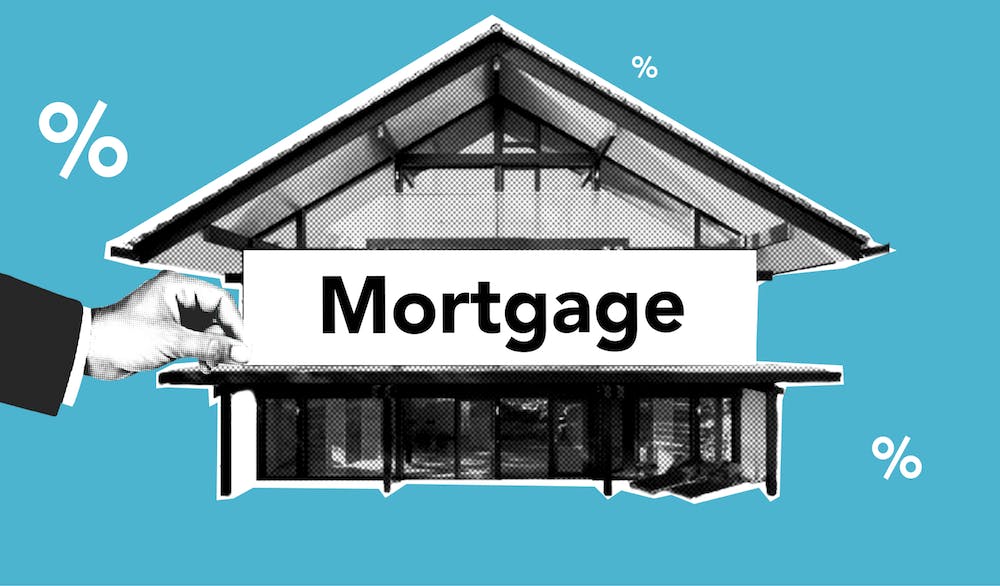If you’re dreaming of buying your own home, you might be wondering how to get the best deal on a mortgage. One of the most important factors that lenders look at is your credit score, which reflects how well you’ve managed your debts in the past. A higher credit score means a lower interest rate and more favorable terms for your loan. But what if your credit score is not as good as you’d like it to be? Don’t worry, there are some steps you can take to improve it before you apply for a home loan. Here are 10 tips to help you boost your credit score and get closer to your dream home.
 1. Check your credit report for errors. Sometimes, mistakes or outdated information can lower your credit score without you knowing it. You can get a free copy of your credit report from each of the three major credit bureaus (Equifax, Experian, and TransUnion) once a year at annualcreditreport.com. Review your report carefully and dispute any errors you find with the bureau that issued it.
1. Check your credit report for errors. Sometimes, mistakes or outdated information can lower your credit score without you knowing it. You can get a free copy of your credit report from each of the three major credit bureaus (Equifax, Experian, and TransUnion) once a year at annualcreditreport.com. Review your report carefully and dispute any errors you find with the bureau that issued it.
2. Pay your bills on time. Your payment history is the most important factor in your credit score, accounting for 35% of it. Late or missed payments can hurt your score and stay on your report for up to seven years. To avoid this, make sure you pay all your bills on time, every time. Set up automatic payments or reminders if you need help staying on track.
3. Reduce your debt-to-income ratio. Another key factor in your credit score is how much debt you have compared to how much income you earn. This is called your debt-to-income ratio, and it shows lenders how well you can handle your monthly obligations. Ideally, you want to keep this ratio below 36%, which means that no more than 36% of your gross income goes toward paying off your debts. To lower your ratio, you can either increase your income or pay off some of your debts, especially high-interest ones like credit cards.
4. Keep your credit utilization low. Credit utilization is the percentage of your available credit that you’re using at any given time. For example, if you have a credit card with a $10,000 limit and a $2,000 balance, your credit utilization is 20%. Generally, you want to keep this ratio below 30%, which shows lenders that you’re not maxing out your credit cards and that you have some room for emergencies. To lower your credit utilization, you can either pay off some of your balances or request a higher credit limit from your card issuer.
5. Don’t close old accounts. You might think that closing an old or unused account would help your credit score, but it can actually hurt it in two ways. First, it reduces your available credit, which increases your credit utilization ratio. Second, it shortens your credit history, which accounts for 15% of your score. The longer you’ve had an account open and in good standing, the better for your score. So unless an account has an annual fee or a high interest rate that you can’t afford, it’s better to keep it open and use it occasionally.
6. Don’t apply for too many new accounts. Every time you apply for a new credit card or loan, the lender makes a hard inquiry on your credit report, which lowers your score by a few points temporarily. While one or two inquiries won’t make a big difference, too many inquiries in a short period of time can signal to lenders that you’re desperate for credit or that you’re taking on more debt than you can handle. This can hurt your chances of getting approved for a home loan or getting a good interest rate. To avoid this, only apply for new credit when you really need it and space out your applications by at least six months.
7. Diversify your credit mix. Your credit mix refers to the different types of credit accounts you have, such as revolving (credit cards) and installment (loans). Having a variety of credit accounts shows lenders that you can handle different kinds of debt responsibly. This accounts for 10% of your credit score. However, this doesn’t mean that you should open accounts that you don’t need or can’t afford just to diversify your mix. Only do this if it makes sense for your financial situation and goals.
8. Become an authorized user on someone else’s account. If you have a
